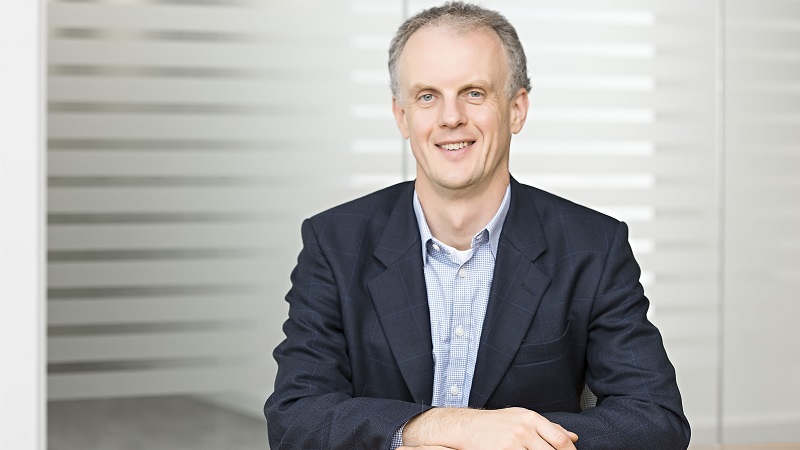Investor sentiment rides high but is market optimism misplaced?
Investor sentiment has improved on the back of positive economic signals this year according to Lloyds Private Bank, but analysts have warned that UK markets are not in as good a shape as they seem.






















